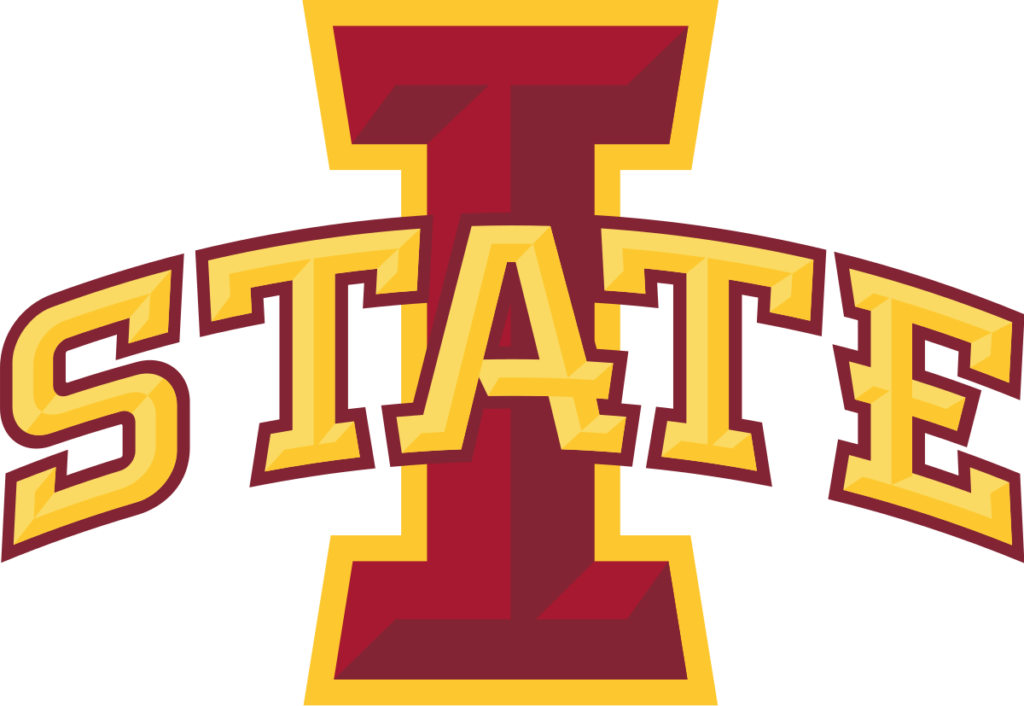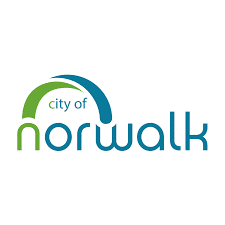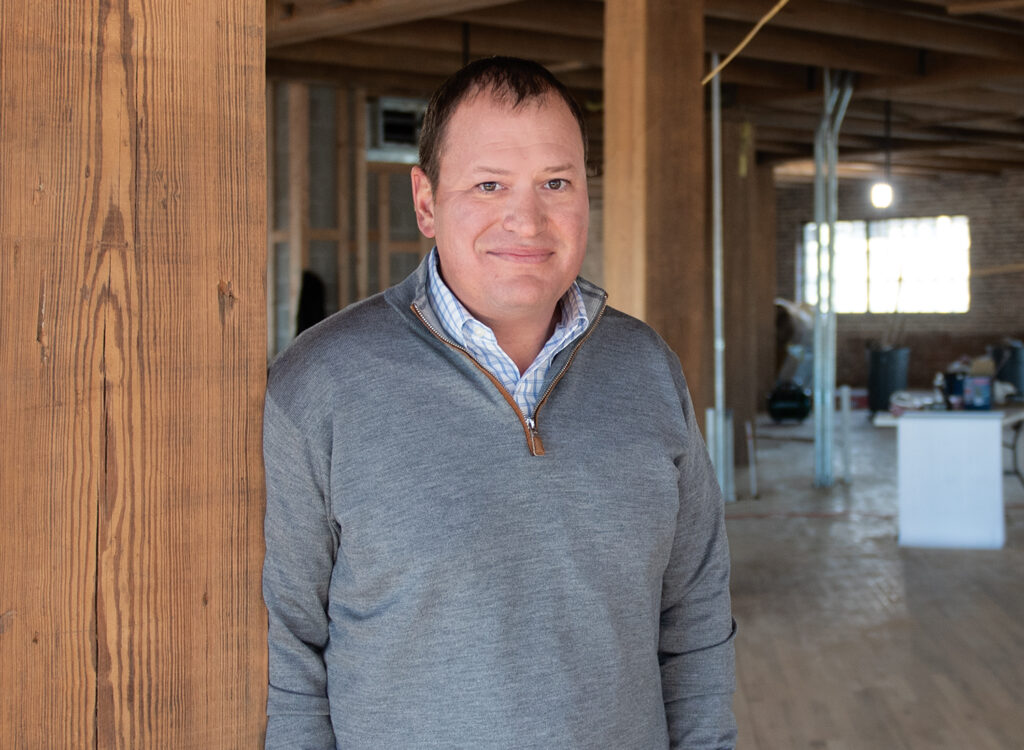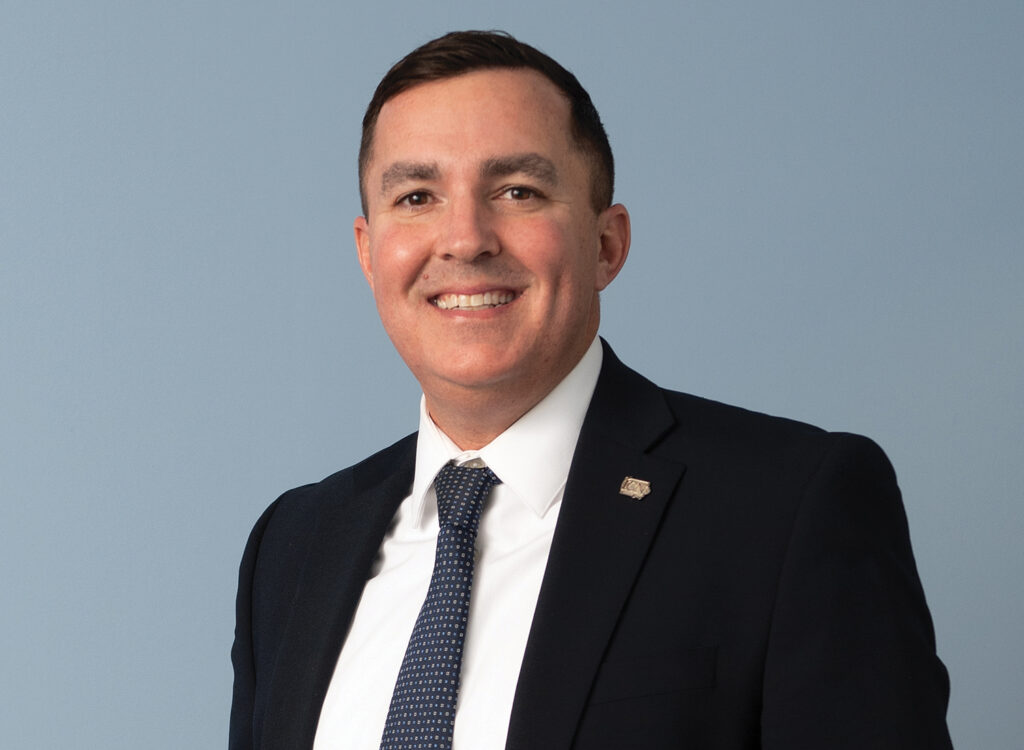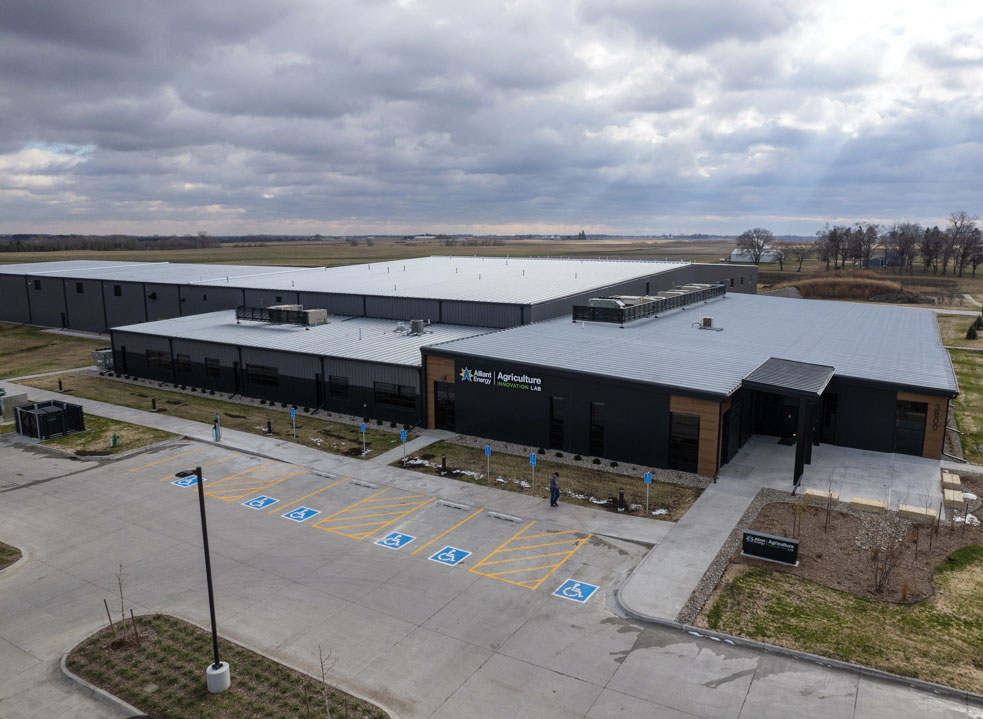Change is in the air for Iowa Public Radio
Amid record fundraising, IPR looks ahead as independent nonprofit

JOE GARDYASZ Aug 3, 2022 | 3:22 pm
6 min read time
1,494 wordsArts and Culture, Business Record Insider
Myrna Johnson recalls the excitement of returning to her home state more than nine years ago to lead Iowa Public Radio.
In many ways, 2022 is proving to be even more exciting for Johnson as IPR’s executive director, as the organization moves into its next 100 years of broadcasting, now as a newly independent nonprofit.
This year, Iowa Public Radio celebrated its 100th year of broadcasting in the state as one of the earliest public radio stations to receive a federal license. On April 28, 1922, WOI Radio in Ames received its broadcast license, and WSUI Radio in Iowa City followed soon after that. Iowa Public Radio now serves more than 206,000 listeners in all of Iowa’s 99 counties.
Additionally, IPR for the first time raised more than $5 million in member funding, an all-time high and a goal that the organization hoped to hit in 2023, but actually achieved a year early, Johnson said.
“Our membership has been growing,” she said. “Public radio is sort of the original community-funded journalism. Back in the 1970s and 1980s, the public radio world started inviting its listeners to share in the funding of the news and information that they relied on. And it’s been a very successful model in the public radio world. And we’ll just continue to build on that over time.”
Perhaps the most far-reaching change is that Iowa Public Radio has completed its transition to an independent nonprofit ownership model. On July 1, IPR officially became the owner of its 26 broadcast stations, rather than managing them for the state’s public universities. Since 2004, IPR has managed the public radio groups of the University of Iowa, Iowa State University and University of Northern Iowa.
“The opportunity is to become a listener-focused, community-driven institution supporting the state, and it gives us full ownership of the enterprise,” Johnson said. “Our only mission now is to serve our listeners and to serve the audience.”
Johnson has called the move a “next logical step” for Iowa Public Radio, which has always received the lion’s share of its funding from private donors — including individuals, businesses and foundations — as well as grant support from the Corporation for Public Broadcasting.
In recent years, the tide has turned further away from government support. IPR lost more than $1 million in state funding over the past two years, including an $875,000 cut in 2020 by the Iowa Board of Regents, along with the elimination earlier this year of $345,000 in funding by the Iowa Legislature, as reported by the Iowa Capital Dispatch.
Before she began her role as IPR’s executive director in January 2014, Johnson was executive director of the Boston Schoolyard initiative, which over eight years revitalized 88 urban schools’ playgrounds into vibrant outdoor learning areas. She grew up in Ruthven in northwest Iowa, and earned her bachelor’s degree at Wartburg College and later a Master of Public Administration degree from the John F. Kennedy School of Government at Harvard University. Her 31-year career in nonprofit management included eight years as a government relations associate for National Public Radio.
Johnson, who currently is in her third year of a three-year term on the board of directors of National Public Radio, said that full ownership has been a “very successful model” for many public radio systems across the country.
“The challenge, obviously, is we no longer have that somewhat safety of being inside a bigger institution,” she said. “And we’re going to need to be really good at fundraising. But we feel like we’re up to the task, and we are excited about the opportunities that it provides us.”
Fundraising has been a priority from the very beginning of her tenure at IPR, Johnson said, and that has enabled a number of programming and technological enhancements that she and her team have been able to make over the past decade.
“It was clear we needed to focus on increasing our fundraising capacity, and really just focusing on the service and just giving our reporters and our team related resources to do their jobs, so that’s what I focused on,” she said. “And we’ve grown our audience, we’ve grown revenue — we’re really in pretty good shape. So I’ve felt really proud of the work that I’ve done since I arrived.”
Among specific accomplishments, IPR has in the past decade:
- Increased the size of its newsroom, to include adding a reporter in western Iowa for statewide coverage.
- Made a commitment to building a “really great website.”
- Launched a number of newsletter products for listeners to access online, including a Daily News Digest, as well as specialty newsletters such as Garden Variety, Political Sense, and Studio One.
- Developed podcasts such as Here First, and most recently From the Archives, in celebration of the 100th anniversary.
Going forward, each of the Iowa Public Radio stations’ call signs will remain the same, and they will continue to broadcast from their current on-campus studios as well as at its Grand Avenue headquarters just west of downtown Des Moines.
“I think it’s going to be more administrative and behind-the-scenes [changes],” Johnson said. “I don’t think the listener will notice any difference on the outside.”
Here are answers to a few additional questions that the Business Record asked Johnson:
Does the ownership change open up opportunities for new programming?
We certainly have already had an immense amount of freedom to program these stations. But I think it opens our horizons a little bit to think about who our most important partners will be. And we’ve found really useful partnerships and very successful partners in the public radio world.
We’re partnering on Harvest Public Media, which is a reporting partnership with other stations in the Midwest. Reporting on agriculture in the last year and a half, roughly. … We’re part of what’s called the Midwest Newsroom, which is a partnership with National Public Radio, KCUR (Kansas City Public Radio), St. Louis Public Radio and Nebraska Public Radio. We’re sharing resources around investigative reporting, which is a great way for us to each have more support in doing investigative reporting and to collaborate on investigations, so that’s exciting.
(Among other partnerships, IPR works with Side Effects Public Media in a health care reporting collaboration. IPR has also partnered with nonprofit Report for America to fund a Latino Affairs reporter, and also partners with Hola America to share content and translate stories into Spanish.)
Almost all of these [initiatives] have been made possible because of philanthropic support. And we really see that as a growing area where we can make an impact together in the community. We can partner with businesses and with major donors to really make an impact in our community and to increase the services that we can offer to our listeners.
What perspective has serving on NPR’s board provided you?
It’s a great window on the public radio system, and it gives me a really great overview of what’s happening out there. And it gives me, in some sense, some pride about the work that we’re doing and how it fits into the bigger picture. One of the bigger trends in public radio we’re all thinking about is our digital audiences as well as our listeners. So it’s a really important area of work right now, figuring out how to serve new audiences, particularly in the digital world. And also to find the right funding model for that. So there is some collaboration amongst NPR and the stations around fundraising for the digital audience. So I think that’s probably the biggest thing right now is that I think that everybody’s looking at that. But I’m super proud of what our team offers to NPR. Our reporters are regularly tapped to do stories on the NPR platforms, and I think they do a terrific job.
How is IPR connected to the business community in Iowa?
A large part of our income is from corporate supporters, and we do have very long standing support from a number of businesses here in the state who have supported us over the years. I would also say that I firmly believe that a vibrant community needs a really strong public radio station and network, and we see ourselves as playing a role in creating a vibrant community. We’re here in Central Iowa, and our mission is to enrich the civic and cultural life here in the state. And so we feel like we’re partners with the business community in making sure we have a great place to live here.
Iowa Public Radio – By the Numbers
26 broadcast stations
100 years on the air
120,624 digital stream listeners (monthly)
206,050 radio listeners (weekly)
Who’s on Iowa Public Radio’s board of directors:
- Jeneane Beck
- Katie Byers
- Lijun Chadima
- Robert Downer (chairman)
- Nora Everett
- Steve Firman
- Jacy Johnson
- Mary Kramer
- Warren Madden
- Zachary Mannheimer
- Helen Miller
- Julie Monson
- Doug Moore
- Mary Rayburn
- Greg Schnirring
- Marsha Ternus
- Douglas West




